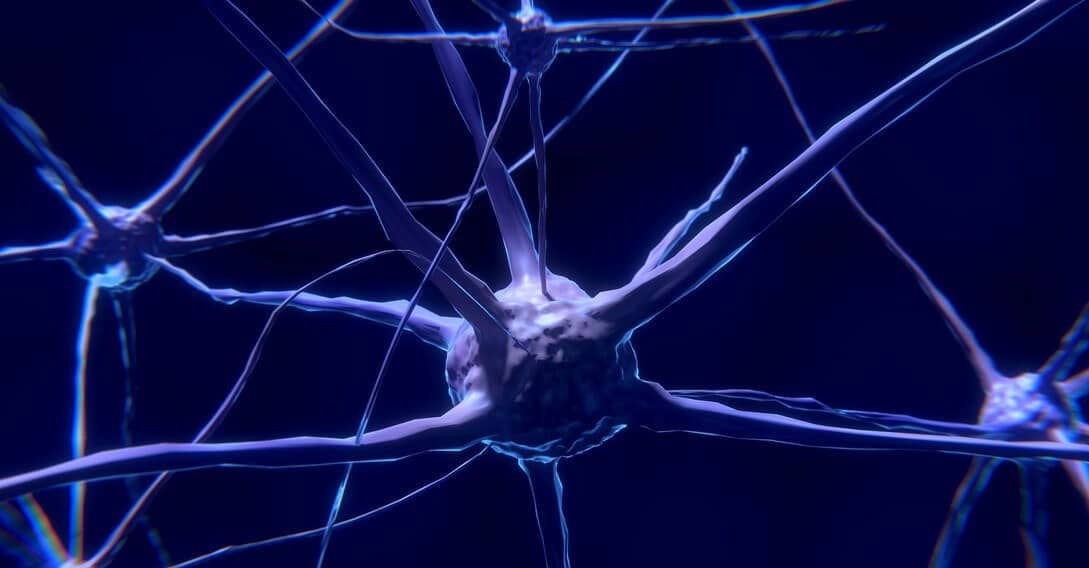Tics and Tourettes: Symptoms and Diagnosis
Tics are often mild and go away on their own, but when they persist, efforts should be made to learn what is causing them. A health professional may be needed to determine what type of tic disorder is present and to rule out medical conditions that can cause tics.
Symptoms of tics vary widely in severity, type, and area of the body affected. Please see our article on tic symptoms. Families can do a great deal on their own to investigate causes of tic symptoms. If you can identify triggers for the tics, you have helped determine the diagnosis. For example, many people report that exposure to certain allergens, toxic chemicals and/or foods aggravates tics. For those people, a classic diagnosis of a tic disorder is not very useful; they need to go beyond the label given in conventional medicine and explore the role of allergies and the immune system in the condition.
Currently, tics that are not due to medications or other medical conditions are categorized as one of three types 1) Tourette syndrome; 2) a persistent (chronic) motor or vocal tic disorder; and 3) a provisional tic disorder. Our article on diagnosing tic disorders explains the criteria for each of these.
ACN Latitudes urges families to explore the causes and possible triggers of symptoms rather than simply accept a diagnosis or label for the tics. We are the lead organization investigating and promoting the role of the environment in tic disorders.




.
Related articles are shown below. If you don’t find what you’re looking for, you can search using the box at the upper right of the page or browse our forums.
At times, patients have gone to physicians with symptoms similar to Tourette syndrome, when the underlying cause of the symptoms was Lyme disease. Lyme has also been linked to some cases of autism (see below). […]
I am 49 and live in Germany. My Tourette syndrome started when I was 12 years old, with eye-blinking and shaking my head. It was terrible and I had difficulty concentrating at school. Four years […]
Majid Ali, MD A simple model is presented for understanding the spectrum of Attention Deficit Disorder/Hyperactivity, learning disability, obsessive-compulsive disorder, autism, and Tourette syndrome. In this model, the focus is on developmental and acquired problems […]







